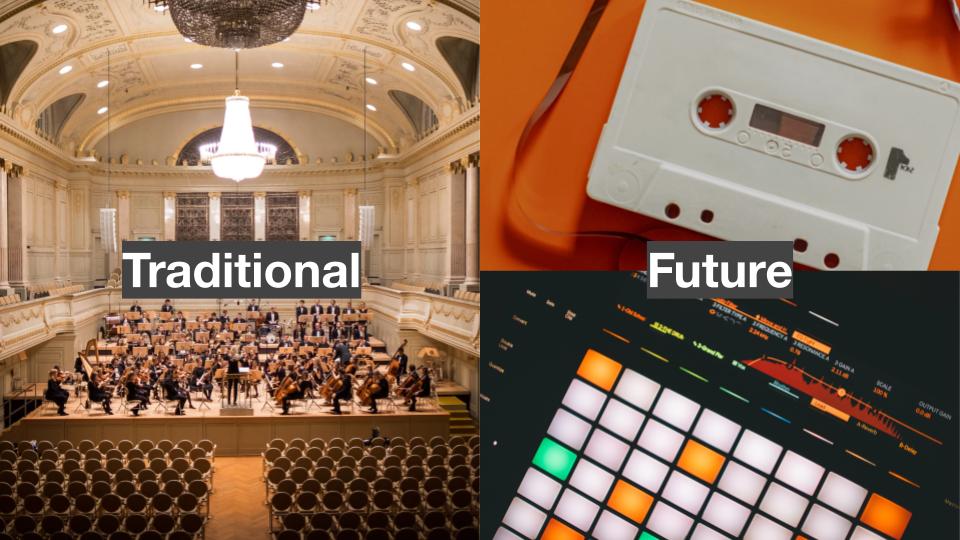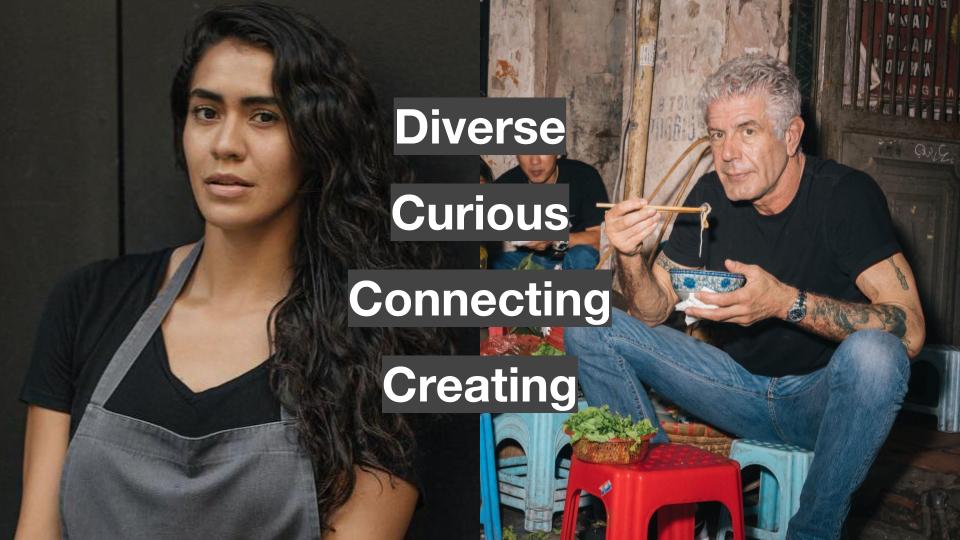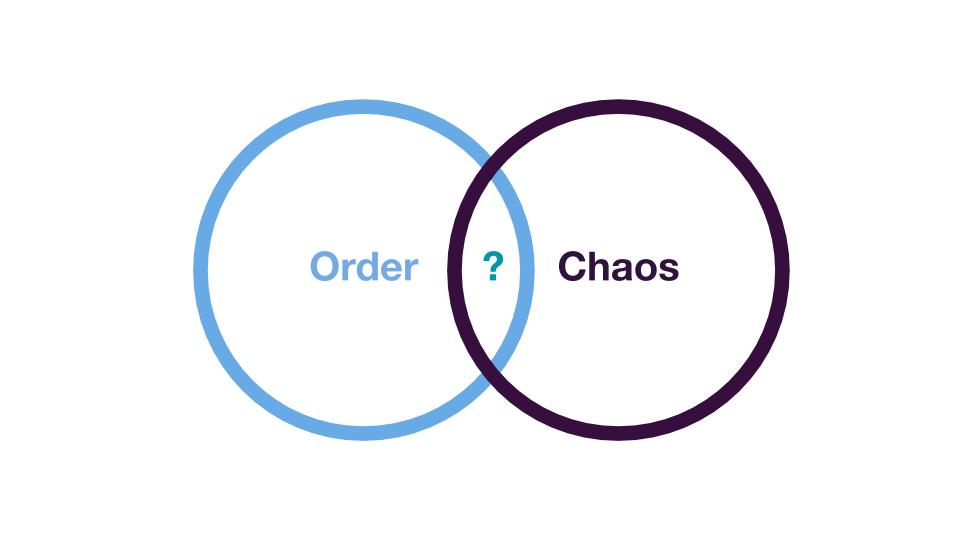Our world has changed quickly.
Many of our social interactions have almost immediately shifted to be exclusively online, and for those of us not on the frontlines, our work interactions have done the same.
It’s an interesting thought experiment to wonder how things would be if we were experiencing this shift 10 (or even 5) years ago. The technology we had would have strained and creaked and likely buckled under the weight of demand.
As is the nature of progress and the joy of hindsight, tomorrow’s tools will make today’s look quaint, if not primitive.
However, the tools we have access to today allow us to communicate almost seamlessly with audio and video, with text and animations, with multiple people, in synchrony. Many of these tools are inexpensive, if not free. And many of these tools are new.
Whenever something new shows up, we have two choices:
- We can stick with the status quo and do what we did before. Over time, if forced, we may grudgingly graft our existing ways onto the new. But we’d rather things stayed the same.
- Alternatively, we can take the chance to do what we did before but go out and make it better. Maybe we keep the core of what we did before, and make it just a little bit better. Or we may see the chance to reinvent and rethink what we’ve been doing, and how we do it. We can even go one step further and reconsider who we’re doing it for, and why we even started doing it in the first place.
When it comes to interacting and working online, we’re mostly taking the first option. If it ain’t broke, don’t fix it. Just get by. Silently gnash at the kinks and the bumps and the frustration.
The status quo
Let’s say we want to present some information, or teach a group something.
Online, we can use a webinar. It’s the status quo.
Webinars are ostensibly interactive, but it’s largely one way traffic.
As an attendee, there may be space to ask your question – sometimes publicly, although usually it’s privately; through a filter.
Perhaps there a poll for you to click on.
You may be able to see who else is there. Or maybe you can’t.
The host may be giving it their all, or they could be phoning it in from behind the slide deck. It doesn’t really matter too much. We’re 20 minutes into it and you’ve already checked your emails twice.
The webinar is about a transfer. Get the information from here to there. Reach as many people as possible. Maximize efficiency. Get it done. Check the box.
Sometimes this works just fine. There are plenty of reasons to transfer information. But far more often than we realize, we’ve missed an opportunity.
Instead, we can choose to do something different.
The tension of transforming
Instead of accepting what went before, and defaulting to the transfer, we can choose to transform.
We can even transform as well as transfer.
We can use the opportunity we now have to nimbly design for interesting interactions to occur. We can allow things to happen in real-time. We can instigate tension, suspense, laughs, gasps, and more.
This means it’s more of a high-wire act. This means it may not work.
And things that may not work are probably going to be harder work.
On this path you can’t phone it in. You’re exposed, and you’re relying on more than just the slide deck you’ve run 10 times before.
Because the audience are there – real-time, invested, committed.
They’ve chosen to be there, and the nature of the beast means they can’t afford to slip away… if it works. If it doesn’t work, you’ll lose them, and you’ll know it. So will everybody else.
And right here is the tension.
Play it safe and transfer, or step into something different and choose to transform.
How do we know if it’s worth the risk?
The trailblazing chef
Here’s what happens when it works.
Yup, the transfer of information happens.
Information can also be transformed. Into something interactive, tangible, instantly applicable. Or into something timely, culturally relevant, bang up to date. Maybe with an oblique or multiple perspectives. Perhaps it can become something playful and light to throw around and feel the weight and shape of.
And yes, we can submit a question to whoever’s leading the thing, sure.
But we also get collaboration. We can connect with the host, but more than that we can connect with the others. We get to meet new people. We may forge a lasting connection with them, or just a connection for an hour or so around a shared experience. We can learn from them, teach them, share our ideas and thoughts and feelings with them.
We get to learn by doing, experimenting, trying things out. And one thing that’s certain in this uncertain space is that it’s ok if we try something and it doesn’t work. Because that’s where the learning is. It’s where the magic happens.

If the webinar is the classical recital where we’re expected to sit up straight and pay attention, this is the mixtape: grab a few bits of whatever you like the sound of, and put it all together in a new way that elevates and inspires.
It’s cooking up something fresh in the kitchen. The trailblazing exploration of Daniela Soto-Innes vs. the line cook in that ok local restaurant who’s following the recipe to the letter and waiting to clock off their shift.
Both produce food you can happily eat, but which do you remember?
Which one makes you want to go back for more, and tell your friends about what happened?
Which one transfers, which one transforms?

The open kitchen
Here’s the best bit – unlike a top restaurant and its premium ingredients, decor, and pricing being pushed further out of most people’s reach – the opposite is happening with the new advent of connection and learning online.
It’s becoming more open, more accessible. Everyone has access to great ingredients, everyone has a well-equipped kitchen, everyone can become a chef rather than a cook, or purely a consumer.
And it’s easier than ever to find a few hungry diners ready to try what’s coming out of the kitchen.
Of course, to make this happen we need some structure, some understanding of key tools and methods, as well as a little confidence and courage to go and try these things out for ourselves. Access to all this also used to feel scarce, but now there are places we can go to get everything we need.
And the more we do choose to go this way, the higher the chance of the network effect flywheel kicking in: where the more of us who take the second option to make things better, the more they get better, and the easier it becomes to make them better still.
So, no, this online gathering you’re attending isn’t a webinar.
It’s not just a transfer of information.
It’s about transforming information, and hopefully transforming you too. Whichever role you’re playing: guest or gastronomist; DJ or dancer; curious novice or generous expert.
Because this isn’t a webinar.
It’s a workshop.
It’s where learning happens, where work happens, where play happens, where collaboration happens…and sometimes – if we have alchemy, chemistry, and a little bit of luck – where magic happens.
The next edition of our workshop to help you build your own workshop creator superpowers is now open for registration.
And because we want to open up access for everyone to be able to get in the kitchen, we’re extending our early bird discount, and also offering full scholarship options.
We’d love to see you there.
